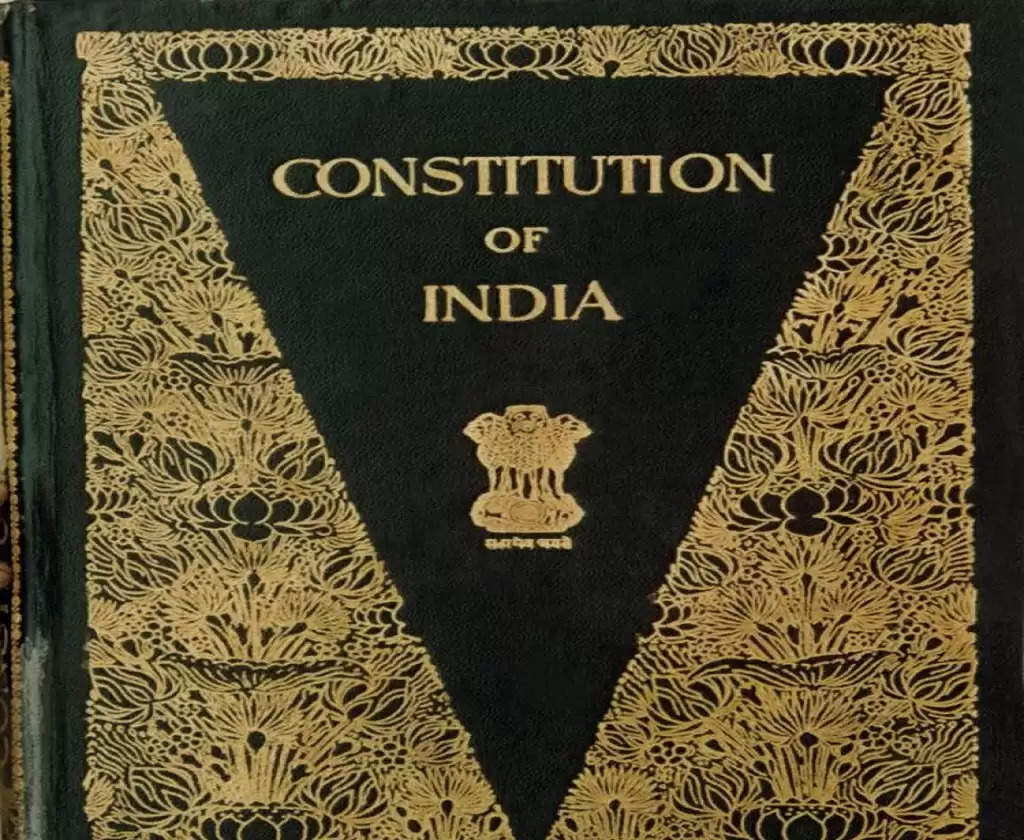Interesting facts about Indian Constitution

The Indian constitution is a very crucial document in regulating the largest democracy in the world. The constitution is not merely a book containing rules and regulations but is a source of power to citizens and ensures that no one is discriminated on any grounds and everyone is treated equally. It is a continuously evolving document ensuring good governance and the overall development of the nation. Scroll down to find out some interesting facts that you might not know about the Indian Constitution.
1. Lengthiest constitution
Indian constitution is a very detailed document. The constituent assembly met for the first time on December 9, 1946, and then it took 2 years, 11 months, and 18 days to make a draft. The final draft was prepared after 2000 amendments.
2. It was handwritten.
Indian constitution was completely handwritten in Hindi and English by Prem Bihari Narain Raizada in beautiful calligraphy. Each page of the constitution was decorated by Rammanohar Sinha and Nandalal Bose, the artists of the Shantiniketan.
3. Drawn from different sources
Indian constitution has many features borrowed from the other constitution of the world. For example, the Parliamentary form of government is taken from the British constitution, Fundamental rights from the US constitution, Directive principles from the Irish constitution, fundamental duties from USSR, etc.
4. The original copies are at Parliament Library
The original Hindi and English handwritten copies of the constitution are preserved in Helium gas-filled boxes and saved at the parliament library.
5. National constitution day
National constitution day also known as Samvidhan Divas is observed on 26 November to commemorate the adoption of the constitution. The constitution was adopted on 26, November 1949, however, came into force on 26, January 1950.
6. Constitution is evolving
The constitution is considered an evolving document because it can be amended as per the changes in the country for the betterment of the people, their rights, and for the Nation. However, the Indin constitution is amendable but any amendment should not change the basic structure of the constitution as advised by the Supreme Court.
